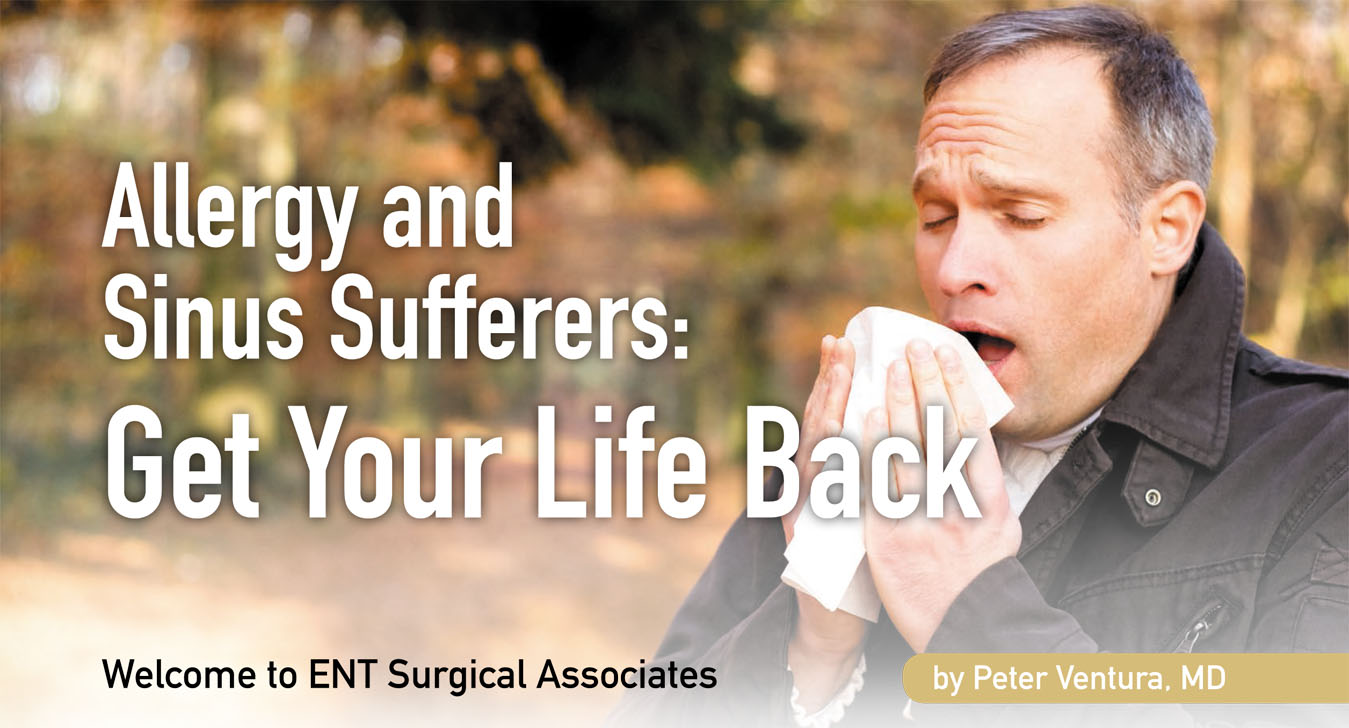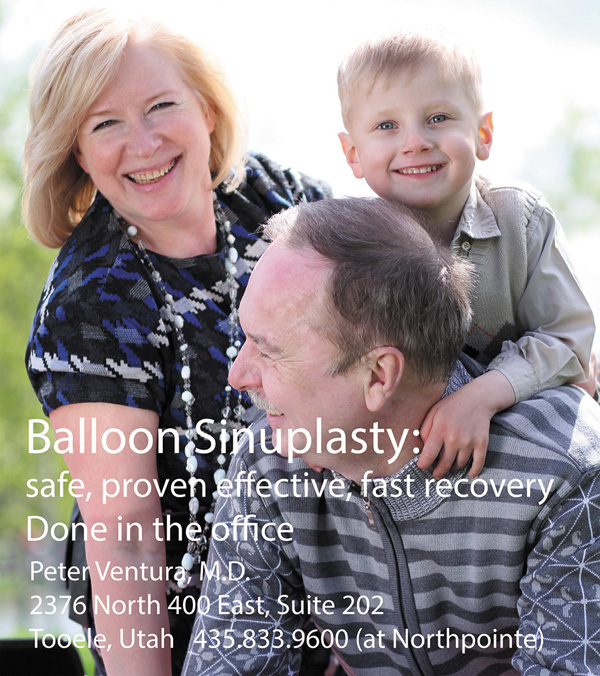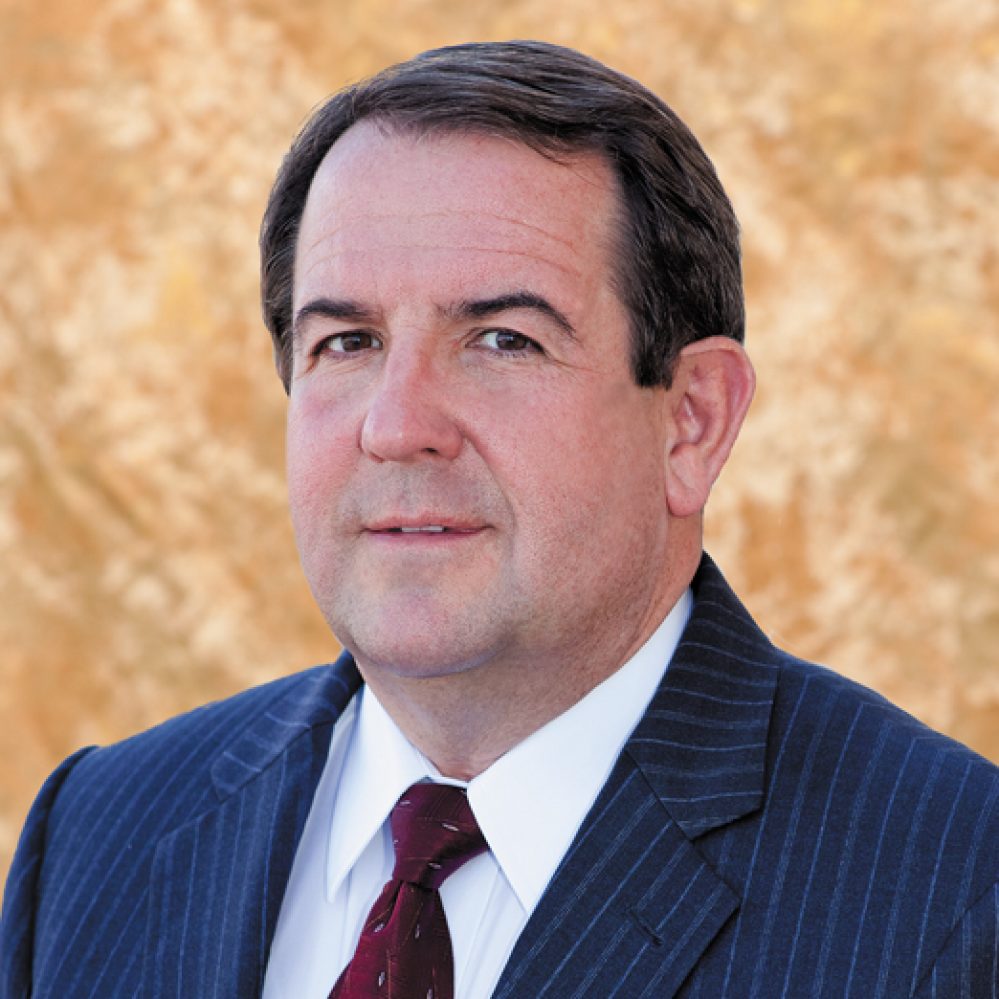
NT Surgical Associates offers the most advanced and highest standard of medical and surgical treatment in the care of adult and pediatric ear, nose, and throat disorders. We have a dispensing audiologist on staff to provide you with professional hearing- related diagnoses and treatments right here at our office. We do in-office testing for allergies and we mix the vials in our office. We also do in-office balloon sinus surgery that gets you back to work the next day; no packing, no bruising, just permanent sinus relief.
We believe that making the patient an active participant in the planning of the treatment results in higher patient satisfaction and the best medical and surgical outcomes. Our goal is to provide exceptional care with a genuine commitment to keeping you and your family healthy and active.
 We believe that making the patient an active participant in the planning of the treatment results in higher patient satisfaction and the best medical and surgical outcomes. Our goal is to provide exceptional care with a genuine commitment to keeping you and your family healthy and active.
We believe that making the patient an active participant in the planning of the treatment results in higher patient satisfaction and the best medical and surgical outcomes. Our goal is to provide exceptional care with a genuine commitment to keeping you and your family healthy and active.
Dr. Peter Ventura, MD has extensive experience in diagnosing and treating allergies—whether with medicines, allergy shots and oral allergy drops, or sinus surgery.
In our office, the physician is always here for testing and treatment.
- January through May are the trees. These are not usually a problem unless we have a light snow year as we did in 2013-2014. The snow washes out the pollens. So no snow means symptoms, even in February.
- April through June are mostly grasses.
- August until frost are the weeds.
- Chronic cough
- Itchy, watery eyes
- Runny nose
- Stuffed-up nose
- Sinus headaches or recurrent sinusitis
- Sore throat
- Rashes
During your office visit, we will take an extensive history of all your sinus and allergy complaints. Prior allergy testing and any X-rays or CT scans will also be reviewed. Based on your complaints, medications may be prescribed and allergy testing or CT scans may be ordered. Skin testing on the arm is the most accurate type of allergy testing and may be scheduled. However, based on certain criteria, blood testing (RAST) may be recommended instead.
- Avoidance: The most effective way to treat allergies is to avoid what you are allergic to. This is easily done when there is just a single allergen, such as a cat or dog. In most cases, it is not possible to avoid all the offending agents. But during the pollen seasons in Utah, usually March through October, there are some “day-to-day” things you can do to help your exposure to allergens. Showering right before you go to bed and changing the pillowcases several times a week greatly diminish your exposure and give you relief all night long.
- Medication: Medications are the primary form of allergy treatment. 80% of patients with an allergy respond well to medications. Medications include a combination of antihistamines, decongestants, steroid or antihistamine nasal sprays, or good, old-fashioned, salt-water irrigations. A recent study showed that the most effective medication in the treatment of allergies and sinus problems are the medicated (steroid) nasal sprays. These have almost no side effects and many are approved down to the age of 2.
The new oral immunotherapy tablets that can replace the need for shots are now available. GRASTEK and RAGWITEK are covered by insurance, and because they are tablets, they avoid the pain of shots and the potential severe anaphylactic reactions. After the first dose, they are taken at home. However, these must be started months before the season starts . . . think February for grasses and June for the fall allergies. - Immunotherapy: Medications do not prevent the symptoms of allergies, but rather just control them.
Allergy (immunotherapy) shots or under-the-tongue (sublingual) allergy drops, and now the daily immunotherapy tablets, are the only way to alter your immune system and stop your body from reacting to the pol- lens and dander in your environment. Immunotherapy shots or oral drops or tablets are tailored to your specific allergies, and the series usually takes several years to complete. At the end of the immunotherapy, most patients are “cured” of their allergies.
Many times there is an underlying obstruction in the nose either due to a deviated septum or chronically swollen tissues (turbinates) that needs to be ad- dressed to completely stop your allergy symptoms. Occasionally sinus surgery is needed to stop the congestion headaches.
At ENT Surgical Associates, we will help you get your life back.




